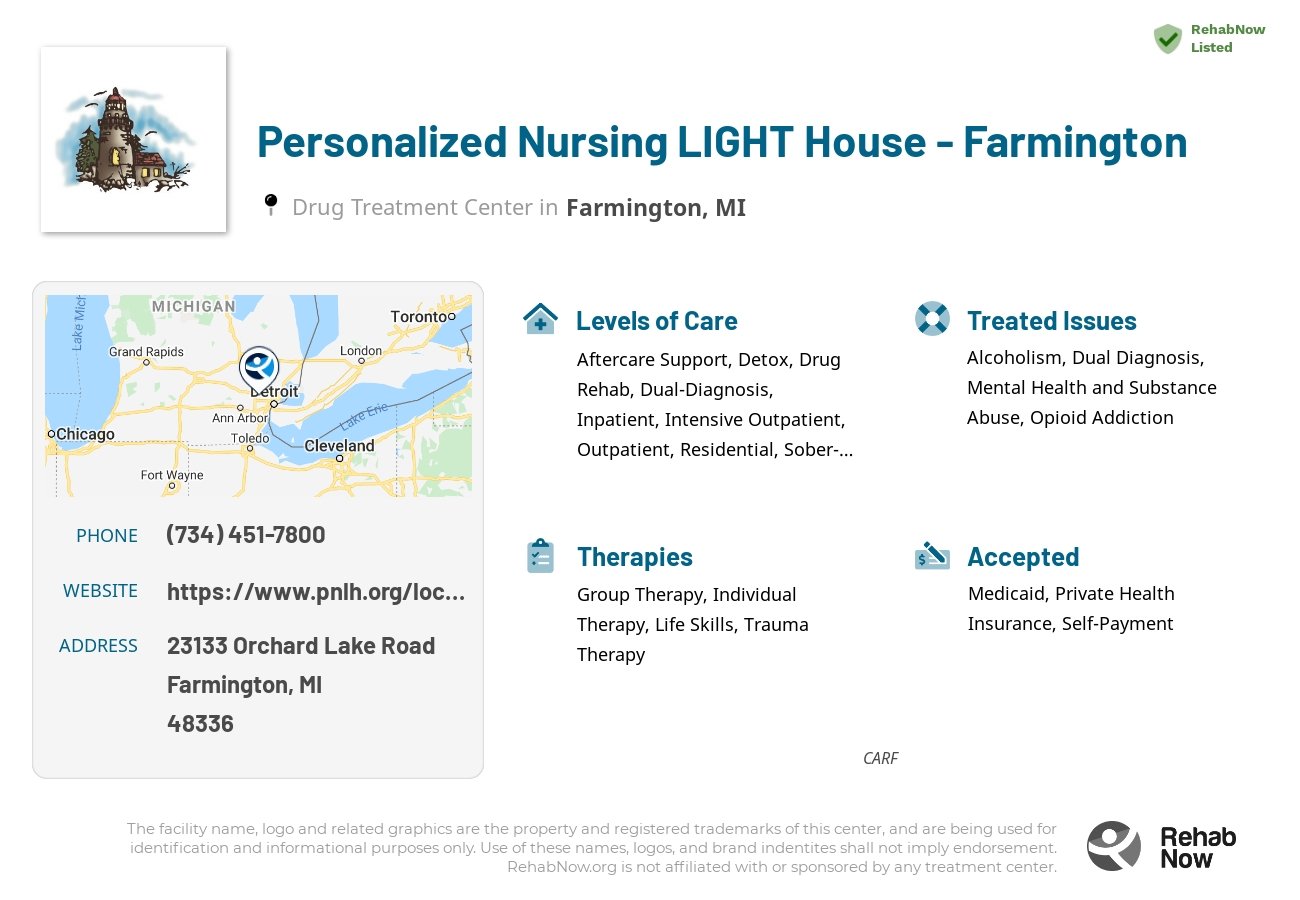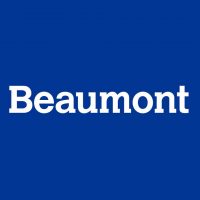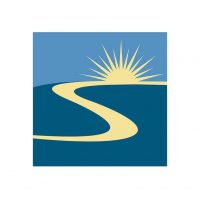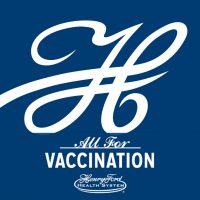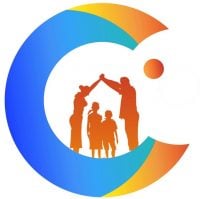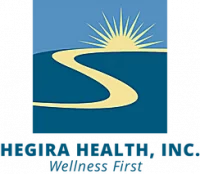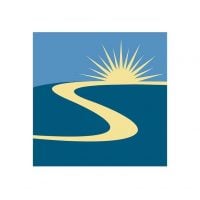Personalized Nursing LIGHT House - Farmington
Drug Rehab Center in Farmington, Michigan
Personalized Nursing LIGHT House - Farmington is a residential addiction treatment center in Michigan that offers a full range of treatment programs, personalized care, and evidence-based treatments for individuals struggling with substance use disorder and addiction.
About Personalized Nursing LIGHT House - Farmington in Michigan
Personalized Nursing LIGHT House - Farmington is a residential addiction treatment center located in Farmington, Michigan. The center offers a full range of treatment programs for individuals struggling with substance use disorder and addiction, including medical detoxification, residential treatment, and intensive outpatient care. Their knowledgeable and compassionate medical and mental health professionals offer the best, evidence-based care to those in need of recovery.
At Personalized Nursing LIGHT House - Farmington, individuals receive personalized care specific to their needs. Their multidisciplinary team assists clients in developing a comprehensive treatment plan tailored to their own circumstances. Depending on the needs of each individual, services may include medication-assisted treatment, individual and group therapy, behavioral health education, recreational activities, family counseling, and more.
Personalized Nursing LIGHT House - Farmington is accredited by the Joint Commission, a nationally recognized healthcare accrediting organization, and is licensed by the Michigan Department of Licensing and Regulatory Affairs. Additionally, they are a member of the National Association of Addiction Treatment Providers and have won several awards for providing outstanding care to their clients.
Genders
Ages
Modality
Additional
Accreditations

CARF
The Commission on Accreditation of Rehabilitation Facilities (CARF) is a non-profit organization that specifically accredits rehab organizations. Founded in 1966, CARF's, mission is to help service providers like rehab facilities maintain high standards of care.
Conditions and Issues Treated
Opioids are a group of drugs that include substances such as heroin, morphine, and oxycodone. These drugs activate opioid receptors in the brain, which produce pleasurable feelings. Opioid addiction occurs when drugs are abused at increasing rates or increasing amounts because the body becomes tolerant of them.
Opioid addiction is typically diagnosed when drug abuse becomes a typical behavior that interferes with an individual’s ability to function daily. The use of the substance results in consequences like legal problems.
Treatment for opioid addiction varies depending on each individual’s needs. Some treatments focus on replacing opioids with other drugs that have similar effects of reducing withdrawal symptoms. Other treatments aim to reduce the risk of relapse by providing psychological support or using more natural methods.
A drug rehab center that uses Dual Diagnosis is more likely to be successful in rehabilitating a person. Dual diagnosis helps to identify and treat any co-occurring disorders. It is essential to screen for both addiction and any untreated mental health issues. A dual diagnosis gives rehab the means to treat addiction while restoring mental and emotional health.
About 70% of patients with drug addiction have at least one other psychiatric diagnosis. Fortunately, dual diagnosis treatment is a proven model that has been highly effective.
Levels of Care Offered
This center offers a variety of custom treatment tailored to individual recovery. Currently available are Aftercare Support, Detox, Drug Rehab, Dual-Diagnosis, Inpatient, Intensive Outpatient, Outpatient, Residential, Sober-Living / Half-Way, with additional therapies available as listed below.
Detox, or detoxification, is the method of weaning a person’s body from the toxic substance(s) they have abused. This is a slow process under medical supervision and one that should occur for almost all individuals. As detox can cause medical complications, it should always be performed by experienced medical professionals in a safe setting.
Inpatient rehab means you live there while your addiction or co-occurring disorder is treated. Prescribed medications are used along with counseling.
This type of rehabilitation provides a drug-free environment for people who struggle with chronic/long-term addiction (or their own home). Jobs or school can be put on hold until after the stay to focus solely on recovery.
An intensive outpatient program is usually the first phase of addiction treatment. It provides relief for those addicted, but not ready to commit to an inpatient setting. IOPs consist of a daily 3 to 5-hour program, and there is a required number of hours per week. The goal here is to teach patients healthy coping skills, such as stress management.
Outpatient programs offer a lower intensity level of addiction treatment than inpatient facilities. They are ideal for those who have graduated from inpatient facilities, have a supportive home environment, and are motivated to commit to the program. Services offered include medication-assisted treatment, individual and group therapy, and peer group support.
This treatment is a popular option for those suffering from a lower intensity addiction. It is not advisable for someone who needs to go through a medically supervised detox or does not have a supportive home environment. It requires motivation and dedication to commit to the program without constant monitoring.
Sober Living Homes are an option for those who have completed a treatment program within the past several months. However, it isn’t advisable to use this as a permanent living arrangement because it can lead to a relapse .
The goal of a sober living home is to provide a supportive environment for recovering addicts so they don’t need to return to their previous lifestyles. The homes will not accept residents who are still using drugs or alcohol, and those living in the house must follow a set of rules dictating how they should behave to avoid relapsing.
Residential treatment programs are those that offer housing and meals in addition to substance abuse treatment. Rehab facilities that offer residential treatment allow patients to focus solely on recovery, in an environment totally separate from their lives. Some rehab centers specialize in short-term residential treatment (a few days to a week or two), while others solely provide treatment on a long-term basis (several weeks to months). Some offer both, and tailor treatment to the patient’s individual requirements.
Aftercare Support in drug rehab is crucial because it helps people stay sober after treatment. Aftercare Support in drug rehab is helpful because it provides the recovering person with a support group, including family members, friends, and other peers who are also in recovery.
The benefits of Aftercare Support are that it provides a pathway that will help people get sober for life. It supports healing at all levels, physical, mental, emotional, and spiritual. Another benefit of Aftercare Support is that participants learn to maintain their sobriety through holistic methods. They learn to modify behaviors individually to have peace of mind, have positive relationships with others, and find peace on the inside.
Therapies & Programs
During individual therapy at Personalized Nursing LIGHT House - Farmington in , the person in recovery meets with a therapist one on one to go over their situation and learn from past mistakes. The counselor or therapist will use this time to address the causes of addiction, triggers, and any mental issue or dual diagnosis. They will also address aftercare plans, giving them the best chances of long-term sobriety.
This therapeutic process is very intense and challenging to go through. Some clients may find it easier to open up with someone apart from their family or loved ones who understand their struggles and experience with addiction.
Addicts in Farmington, MI can find support in group therapy at Personalized Nursing LIGHT House - Farmington by finding peers who understand their situation and being held accountable. They also learn to develop faith, understanding, and insight into their addiction through shared conversations.
Group Therapy is employed by drug treatment centers to provide the recovering addict with a platform to talk about their feelings and experiences. It also provides for an opportunity to learn from other addicts who have successfully overcome their addiction. It is recommended that all group members be recovering addicts for this type of therapy to work.
Trauma therapy allows people who struggled with a past trauma to face the situation and learn from it. Many people go through traumatic events at an early age that later leads them into addiction as adults. By addressing this issue during treatment at Personalized Nursing LIGHT House - Farmington in [/type], you can move forward with your recovery process and take back control of your sober future, too!
Traumas are one of the most common causes of psychological disorders such as Addiction Disorder. It’s often found among those diagnosed with Addictive Disorders because traumatized individuals have strong emotions or thoughts related to their traumas, leading to addictive behaviors.
Many people who struggle with addiction in Farmington, Michigan also have trouble managing their daily responsibilities after treatment. With this type of therapy, addicts are taught how to manage their time, attain specific goals, and take care of all facets of their lives without the influence of drugs or alcohol.
During these sessions, therapists will work with addicts to identify personal values and goals. They will then help addicts set goals for achieving those values and standards. In the process, therapists help addicts develop strategies for fulfilling their goals and successfully managing their responsibilities.
In many cases, this type of therapy is used in conjunction with other types of addiction treatment services to address specific issues that affect a recovering addict’s ability to stay sober.
Payment Options Accepted
For specific insurance or payment methods please contact us.
Is your insurance accepted?
Ask an expert, call (888) 674-0062
Personalized Nursing LIGHT House Associated Centers
Discover treatment facilities under the same provider.
- Personalized Nursing Light House in Plymouth, MI
- Personalized Nursing LIGHT House - Dearborn Heights in Dearborn Heights, MI
- Personalized Nursing LIGHT House - Canton in Canton, MI
- Personalized Nursing LIGHT House - Plymouth in Plymouth, MI
- Detroit LIGHT House Program - Detroit in Detroit, MI
Learn More About Personalized Nursing LIGHT House Centers
Additional Details
Specifics, location, and helpful extra information.
Farmington, Michigan 48336 Phone Number(734) 451-7800 Meta DetailsUpdated November 25, 2023
Staff Verified
Personalized Nursing LIGHT House - Farmington Patient Reviews
There are no reviews yet. Be the first one to write one.
Farmington, Michigan Addiction Information
Michigan has the second-highest rate of drug and alcohol abuse in the nation. Heroin is linked to more than 50% of the state's hepatitis C cases. Marijuana is the drug most often associated with crimes in Michigan, followed by methamphetamines. Opioids alone are responsible for almost 20% of all drug overdose deaths in Michigan.
Farmington, Michigan, is located in Oakland County. There are about 9,000 people who struggle with a drug addiction in the city. In the first 11 months of 2016, there were 1,023 drug-related arrests in Farmington. This averages to about 91 drug-related arrests per month. Various treatments are available depending on the drug of choice. It is important to speak with a professional to determine which type of treatment will best fit you.
Treatment in Nearby Cities
- Coldwater, MI (91.6 mi.)
- Romulus, MI (16.7 mi.)
- Ontonagon, MI (422.7 mi.)
- West Branch, MI (133.1 mi.)
- Three Oaks, MI (173.0 mi.)
Centers near Personalized Nursing LIGHT House - Farmington
The facility name, logo and brand are the property and registered trademarks of Personalized Nursing LIGHT House - Farmington, and are being used for identification and informational purposes only. Use of these names, logos and brands shall not imply endorsement. RehabNow.org is not affiliated with or sponsored by Personalized Nursing LIGHT House - Farmington.



